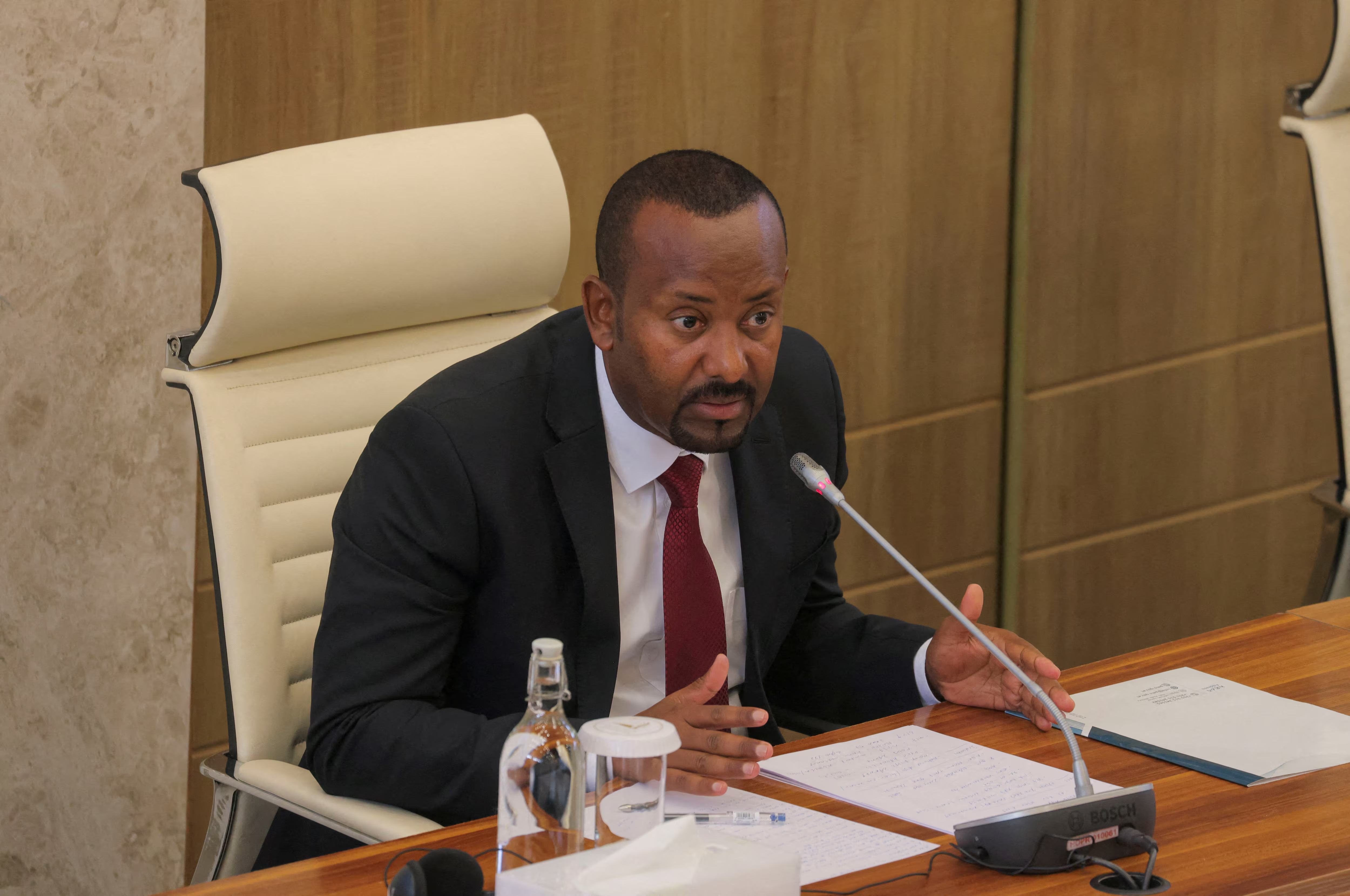Human Rights Watch has urged Ethiopian authorities to halt what it described as harassment and intimidation of independent journalists, warning that the clampdown on media freedoms is aimed at shielding the government from accountability.
“The Ethiopian authorities’ renewed efforts to muzzle independent reporting are all about preventing public scrutiny of the government,” said Laetitia Bader, HRW’s deputy Africa director, in a statement on Monday.
The appeal follows a series of arrests and restrictions targeting reporters in the country.
On September 3, three journalists from the private station Sheger FM were detained after covering protests by health workers demanding higher pay.
The Ethiopian Media Authority ordered the station to pull down the broadcast, accusing it of bias and incitement, but HRW said security officers still went ahead to arrest the journalists. Only one of them has since been freed.
The incident adds to growing concerns about the state of press freedom ahead of Ethiopia’s general elections set for June 2026.
In April, police raided the offices of the English-language outlet Addis Standard, detaining three of its staff for several hours before their release.
“The repression against independent media is only increasing,” said an Ethiopian journalist who has been in exile for several years, calling the environment “terrifying.”
When Prime Minister Abiy Ahmed took office in 2018, he was initially praised for widening democratic space after nearly three decades of repressive rule under the Tigray People’s Liberation Front.
However, rights groups say those promises were quickly reversed, especially following the outbreak of civil war in 2020.
Ethiopia’s press freedoms have since deteriorated, with Reporters Without Borders ranking the country 145th out of 180 this year, a drop of four places from 2024. The group noted that eight journalists remain behind bars.
The government has yet to respond to requests for comment.

